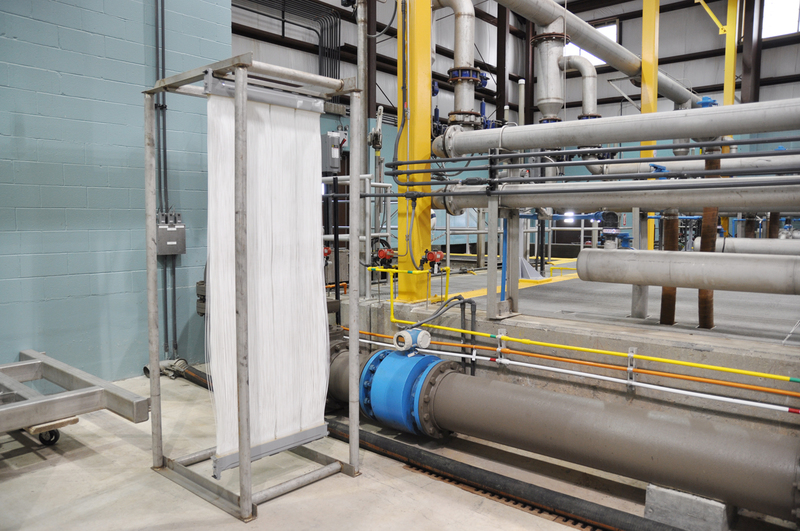You name it and someone has probably tried to flush it down the toilet, often causing clogged sewer lines and costly damage to wastewater systems.
But now wastewater officials are saying even products marketed as flushable are causing problems around the country.
Lewes Board of Public Works President C. Wendel Alfred said it's time Lewes' residents are educated on what is and is not appropriate to put in the drain, whether the kitchen sink or the bathroom commode.
“It is an issue for homeowners and our city's sewer system,” he said. “The fact is the cost is going to go back to [residents].”
Lewes' system has not had any issues yet; however, Alfred is concerned problems may be on the horizon if residents do not change their flushing habits. Other municipalities across the country have had issues in recent months, specifically with sanitary wipes labeled as flushable.
The idea is that, like toilet paper, wipes will disintegrate as it travels through the city's sewer system. If the product is not broken down by the time it reaches the wastewater treatment plant, it could create problems with the city's very expensive xenon filters, which carry a price tag of $2.5 million.
Lewes' plant manager F. James Burk, with Severn Trent Services, said only items that naturally break down should enter the sewer system.
“You have these microscopic organisms and that's what's doing all the work,” he said. “If I give them a coffee grind, what do you think they're going to do with that? Nothing.”
Burk spent 25 years working at the Selbyville wastewater plant before moving to Lewes and joining Severn Trent.
Baby wipes, napkins, medicines, diapers and feminine hygiene products are all commonly flushed items that should be disposed of elsewhere, he said. In the kitchen, fats, oils and greases are also problematic.
“Grease will coat the homeowner's pipes and clog their sewer line up,” he said.
If enough people in an area are dumping grease down the drain, he said, bigger problems are likely to occur.
“All that grease is stuck on the top [at a pump station] until we get a truck to suck all that out,” he said. “Then we dispose of the grease anyway. If the homeowners did that to begin with, they would actually save the town money.”
Even a state-of-the-art facility like the Lewes plant is susceptible to problems, Alfred said, so residents should be cognizant of what is going down their drains.
“People think these things are flushable,” Alfred said. “Then when they go into the sewer system, they get caught in the filter system. If you get enough of those supposed disposable flushable wipes, the next thing you know you have a damaged filter.”
Nick Roth is the news editor. He has been with the Cape Gazette since 2012, previously covering town beats in Milton and Lewes. In addition to serving on the editorial board and handling page layout, Nick is responsible for the weekly Delaware History in Photographs feature and enjoys writing stories about the Cape Region’s history. Prior to the Cape Gazette, Nick worked for the Delmarva Media Group, including the Delaware Wave, Delaware Coast Press and Salisbury Daily Times. He also contributed to The News Journal. Originally from Boyertown, Pa., Nick attended Shippensburg University in central Pennsylvania, graduating in 2007 with a bachelor’s degree in journalism. He’s won several MDDC awards during his career for both writing and photography. In his free time, he enjoys golfing, going to the beach with his family and cheering for Philadelphia sports teams.






















































